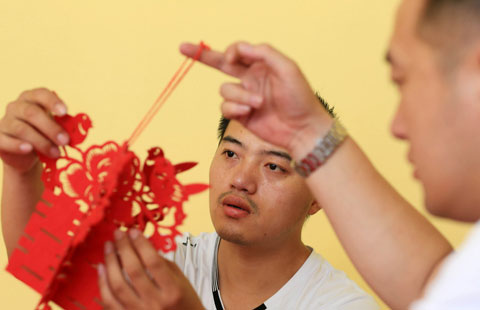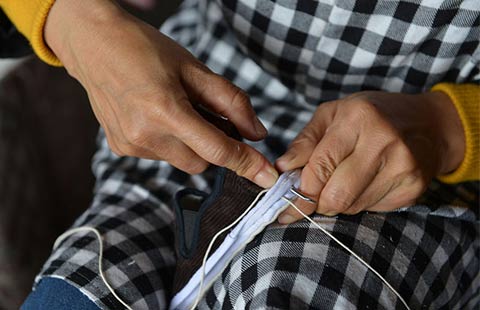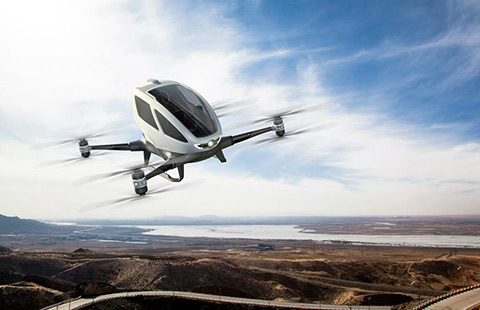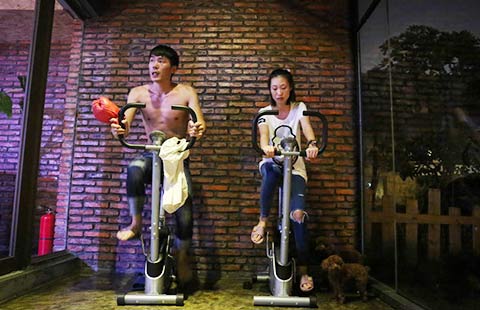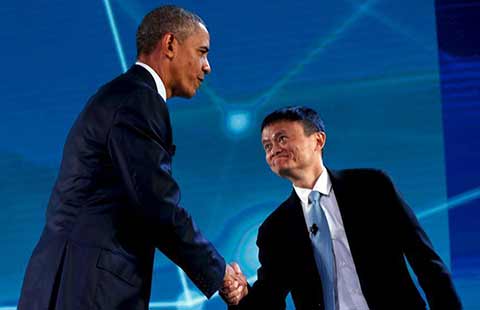FIFA to have more Chinese friends with money
(Agencies) Updated: 2016-06-14 07:33
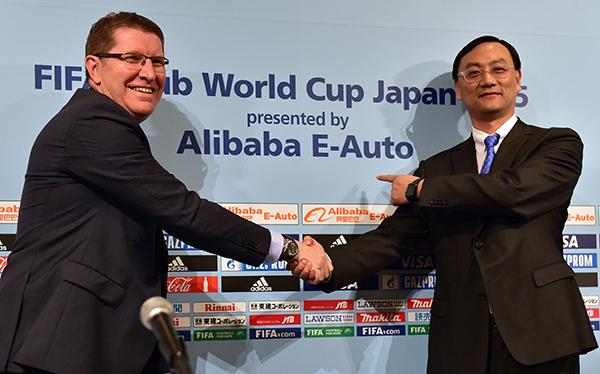 |
|
FIFA marketing director Thierry Weil (L) shakes hands with Zhang Dazhong (R), CEO of Alibaba Sports Group, as they announce that Alibaba E-Auto will help sponsor the Club World Cup football tournament in Tokyo on Dec 9, 2015. [Photo/CFP] |
"It's more of a challenge for businesses based in the traditional Western markets, where media scrutiny and public expectation and values are very different from other places," said Nathan Homer, head of global sponsorship at Barclays Plc.
Those "other places" include China. Following President Xi's direction, there has been a rush of spending on the sport domestically and abroad. Last year, Chinese retail company Suning Holdings Group Co bought the Chinese media rights for La Liga games, paid a record 50-million-euro ($56 million) transfer fee to bring star Brazilian midfielder Alex Teixeira to Jiangsu Suning Football Club, and on June 6 announced it is buying 70 percent of Italian club Inter Milan.
Wanda, which owns a stake in Champions League runner-up Atletico Madrid, also bought Swiss sports marketing agency run by former FIFA president Sepp Blatter's nephew in February 2015. The company, Infront, brokered Wanda's FIFA recent sponsorship, only to have the deal put on hold for months while the organization retrenched.
In March, FIFA and Wanda used a low-key news conference at the soccer body's glass-and-steel Zurich headquarters to announce the sponsorship. No one from Wanda participated, even though founder Wang Jianlin was on-site.
Weil said the sponsorship was critical as much for its symbolic value as for its revenue. "It's an important deal, the first company willing to come out and say I'm now partnering with FIFA after the crisis," he said.
- Young brothers take family business global
- Apple's Swift Playgrounds inspires Chinese programmers
- China to maintain growth in entertainment, media: report
- First China-Europe parallel imported vehicles cargo train arrives in Chongqing
- Morocco, China firm to build industrial park with $10b investment
- EIB president stresses positive collaboration with China
- China auto sales up 9.8% in May
- China Three Gorges to buy German wind park Meerwind from Blackstone

